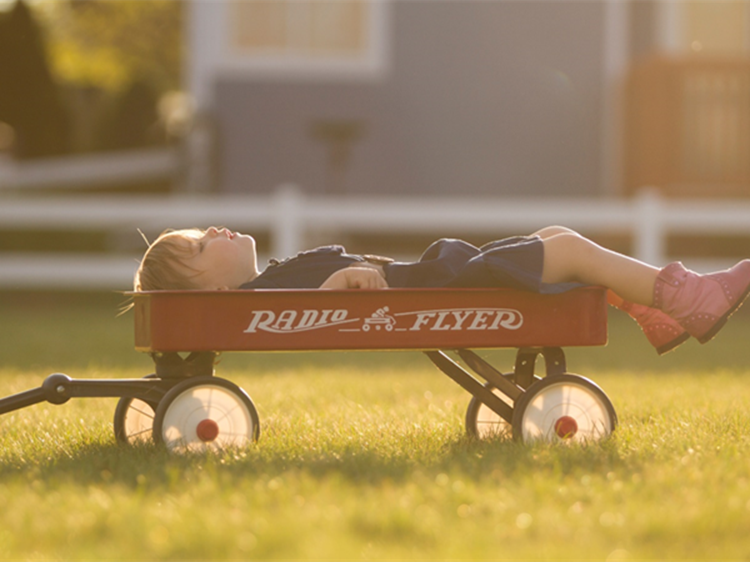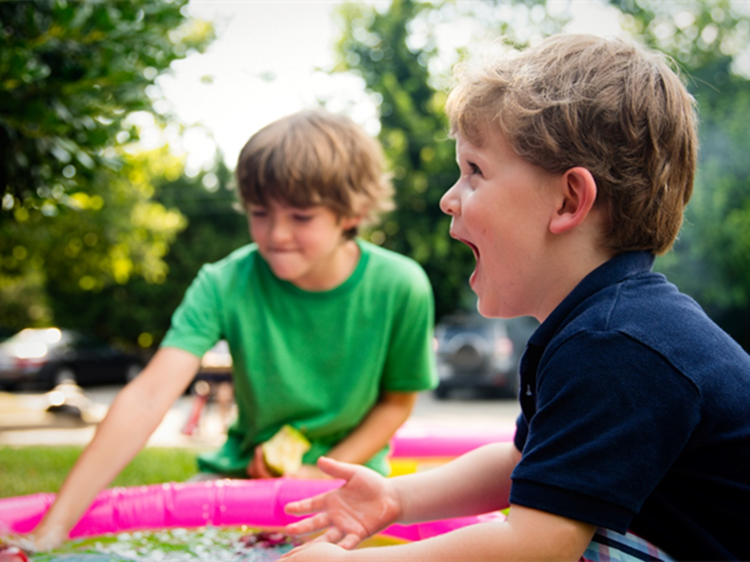Nurturing relationship-building skills in children
“One of the most beautiful qualities of true friendship is to understand and be understood”.
Every one of us has experienced the feeling of warmth and appreciation when someone reaches out to check in on you, sends happy birthday wishes or makes you laugh during a challenging time in your life. Friendship makes the wins more colourful and the losses slightly less heavy. Below are some great tips in how adults can support and nourish children in building healthy relationships.
Keep talking
Always keep communicating. Ensure that the little ones in your life view your relationship as a safe space to ask questions and seek advice. We solidify this trust with them by role modeling positive communication efforts with other adults too, children learn best by being shown and included. Expressing when you are proud of how a child has handled a situation so they receive positive feedback is essential; commending the act of sharing, showing compassion and being understanding are all behaviors we should be reaffirming.
Dealing with fallout
Conflict and disagreement we know as adults is unavoidable, so how can we help children manage these scenarios without it being traumatic and instead a learning experience?
Teach them to see the other persons viewpoint. An essential life skill and one that will lend itself to being an exceptional team player throughout their education and into their professional years. Reflecting their complaints or protests by gently countering how the other person in that situation may have felt encourages the development of compassion as well as self-awareness. Equally important is helping children recognise bullying behavior and encouraging them to vocalise and seek support when confronted with these problems. Provide them with tactics in dealing with this independently, or if this is too overwhelming quietly ask if the teacher can facilitate a mediation session.
Build their confidence as individuals
Before forming truly positive and authentic relationships with other people we have to teach children to cherish and nourish the most important relationship in their lives…the one with themselves.
Encourage reading, playing outside alone, hanging out with the family dog. These little pockets of quiet learning and reflection are so valuable for children and teaches them to be at peace with who they are without the need for validation from others.
Relationships are complicated, no one will dispute that. However, by role modelling and supporting children in developing communication and relationship strategies they stand to carry strong relationship skills through to adulthood.

